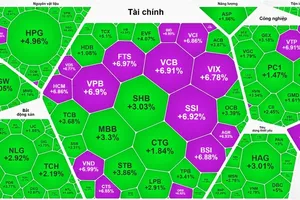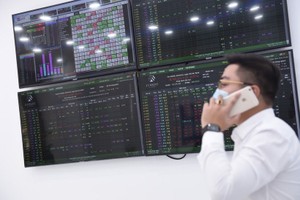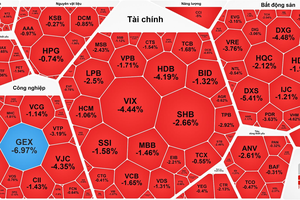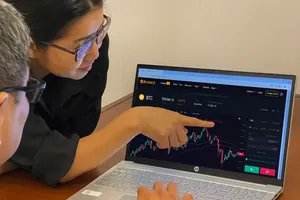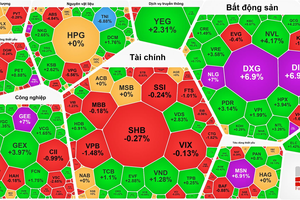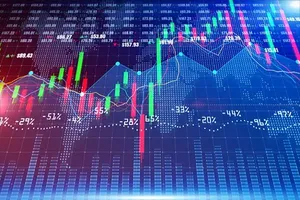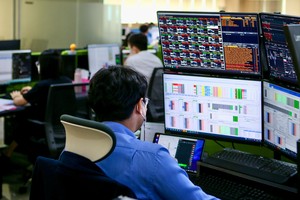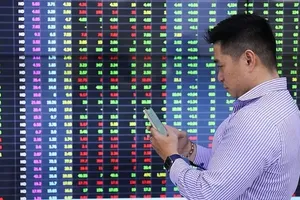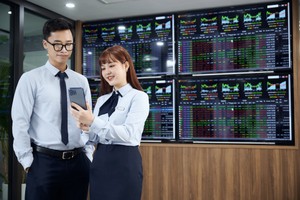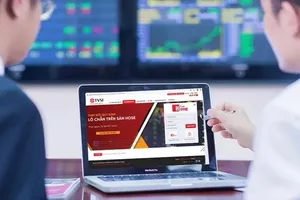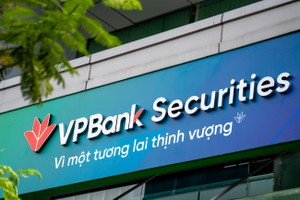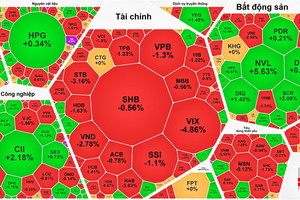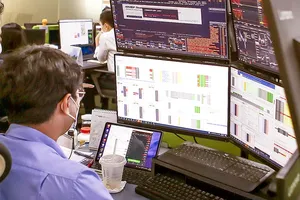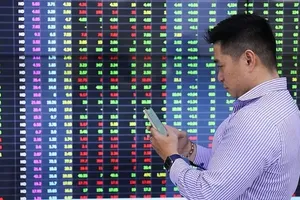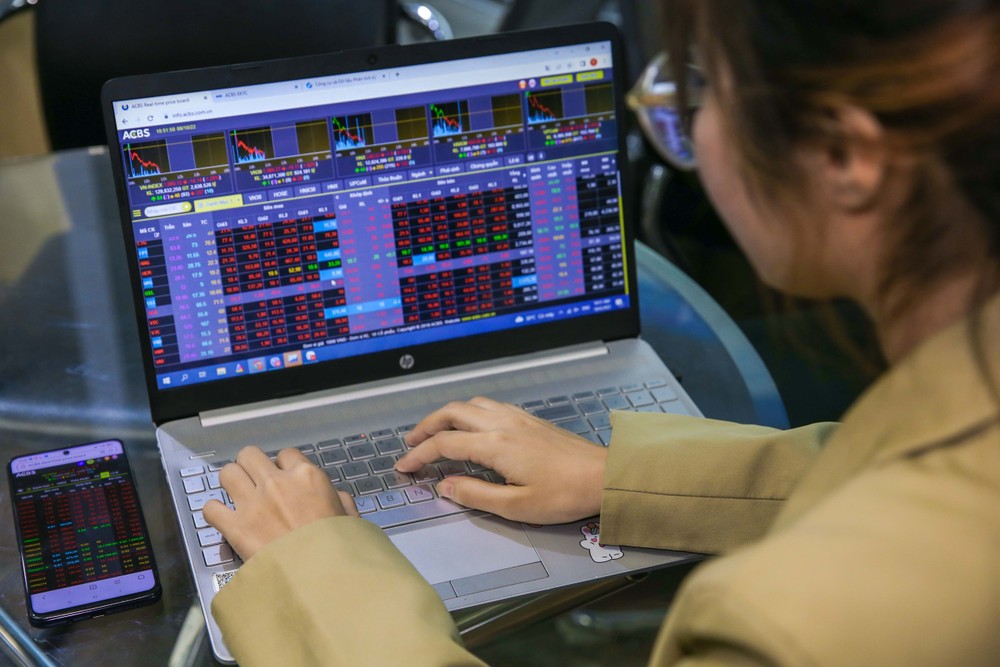
The launch of the KRX system is considered to pave the way for the upgrade of the country’s stock market.
Along with that, in 2024, the economy is forecast to be brighter, which is also a positive factor bringing many prospects for the stock market in the coming time.
Although the country’s stock market saw an increase of 12 percent in 2023, foreign investors' net selling was only VND25,300 billion (about US$ 1.1 billion), which is considered a low note in the market. This also shows the caution of foreign investors when entering Vietnam' stock market, although the prospect of upgrading is becoming increasingly clear. Worth mentioning, foreign investors continued selling shares in the early sessions of 2024 and this showed no signs of stopping.
Explaining the net selling on the Vietnamese stock market recently, Ms. Hoang Viet Phuong, Director of SSI Investment Analysis and Consulting Center, said that the capital flow of ETF (Exchange Traded Fund) on the Vietnamese stock market reversed in 2023 is part of the general trend of multinational investment funds withdrawing from emerging markets.
On the other hand, when the US Federal Reserve maintains the highest US dollar interest rate in more than 2 decades, capital flows tend to withdraw from markets with large interest rate differences between the domestic currency and USD. Besides, after a period of strong net buying a year ago with a total value of up to VND32,500 billion , foreign investors have realized profits through net selling to earn profits. Statistics show that for most of 2023, foreign investors net withdrew $5.4 billion from the Thai market and more than $877 million from the Indonesian market.
Head of Agriseco Securities Research and Analysis Department Nguyen Anh Khoa said that, in terms of macroeconomics, although there are still unfavorable factors, the internal economy of Vietnam is evaluated positively, which will open up positive prospects for the stock market. Along with that, the operation of the KRX system - a new information technology system about to be put into use on Vietnam's stock market by the Ho Chi Minh City Stock Exchange in cooperation with the Korean Stock Exchange - will be the necessary infrastructure to deploy the central clearing partner (CCP) model; thereby, solving one of the key bottlenecks of the upgrade, which is the pre-funding requirement as well as allowing the sale of securities from the trade pending accounts to trading accounts for clients to be performed.
With the efforts of the management agency in recent times, the upgrade of Vietnam's stock market by 2025 is considered feasible. However, many people believed that in order to attract foreign capital, improving the quality of the market is extremely important, because some stock markets had been upgraded but after only one year they were eliminated because they were not competitive in terms of capitalization and market liquidity.
Chairman of Dragon Capital Investment Fund Dominic Scriven said that at meetings, foreign investors voiced their opinions that they need quality as well as diversification of industry groups on the stock market. Typically, among the 50 US pension funds that have come to Vietnam for the second time, only 3 funds poured capital into Vietnam because there are not many industry groups to invest in.
In addition, Vietnam's stock market has individual investors accounting for a large proportion (up to 90 percent), while in countries with developed stock markets, the ratio of individual-institutional investors is 40 percent-60 percent, he added.
According to Chairman Dominic Scriven, the government should make efforts to promote the role of institutional investors. Foreign investors are very interested in this issue because currently, the stock market is highly volatile due to its heavy dependence on the liquidity and psychology of individual investors.
Financial experts said that Vietnam's stock market currently has an imbalance between industry groups. Financial and real estate stocks dominate in terms of quantity as well as capitalization ratio (about 60 percent of the market), but they are cyclical industry groups so they are quite speculative in nature; thus, foreign investors found it difficult to invest in the long term.
Meanwhile, foreign investors pay more attention to industries such as technology, healthcare, pharmaceuticals, retail, and utilities with more sustainable growth and less risk which account for a small proportion with a modest amount of shares. This is also one of the barriers that makes it difficult for foreign investors to access Vietnam's stock market. Recent foreign capital flows participating in Vietnam's stock market are only short-term investments due to the unbalanced market structure. This partly comes from the high speculation of the market following cycles of pumping and withdrawing money.
